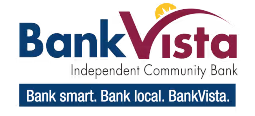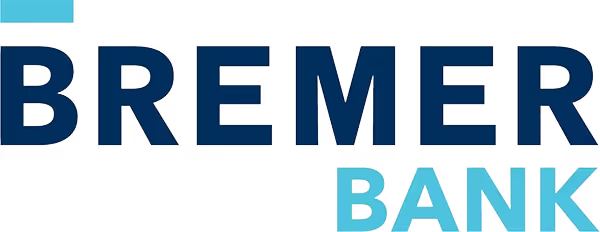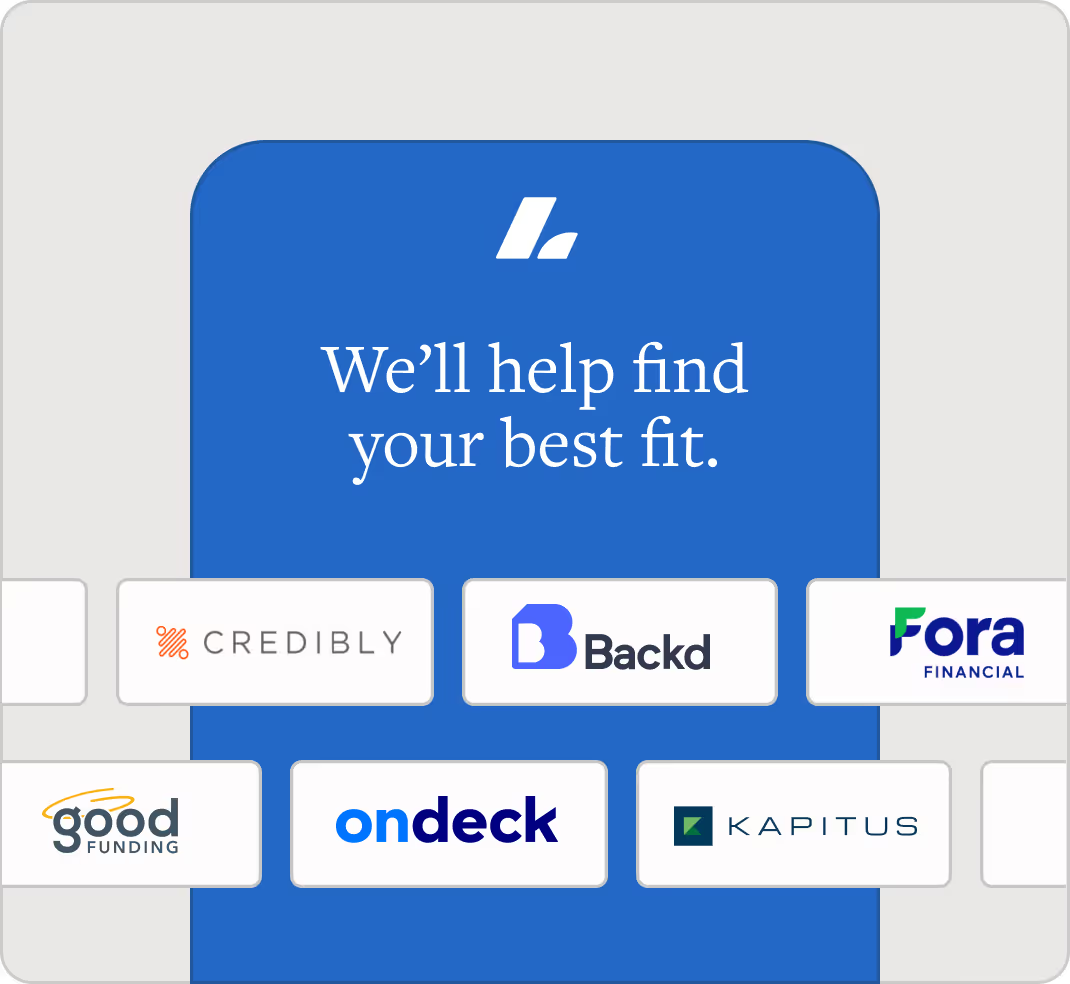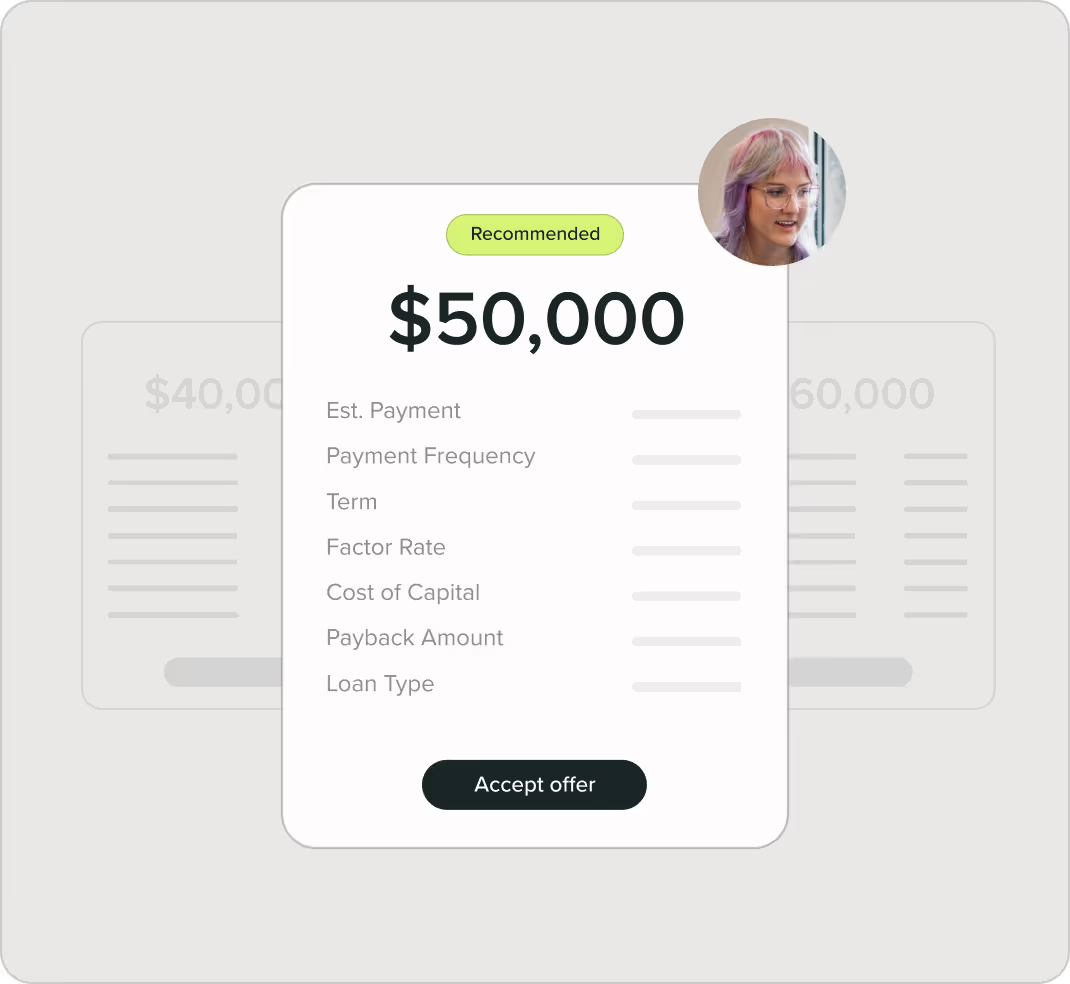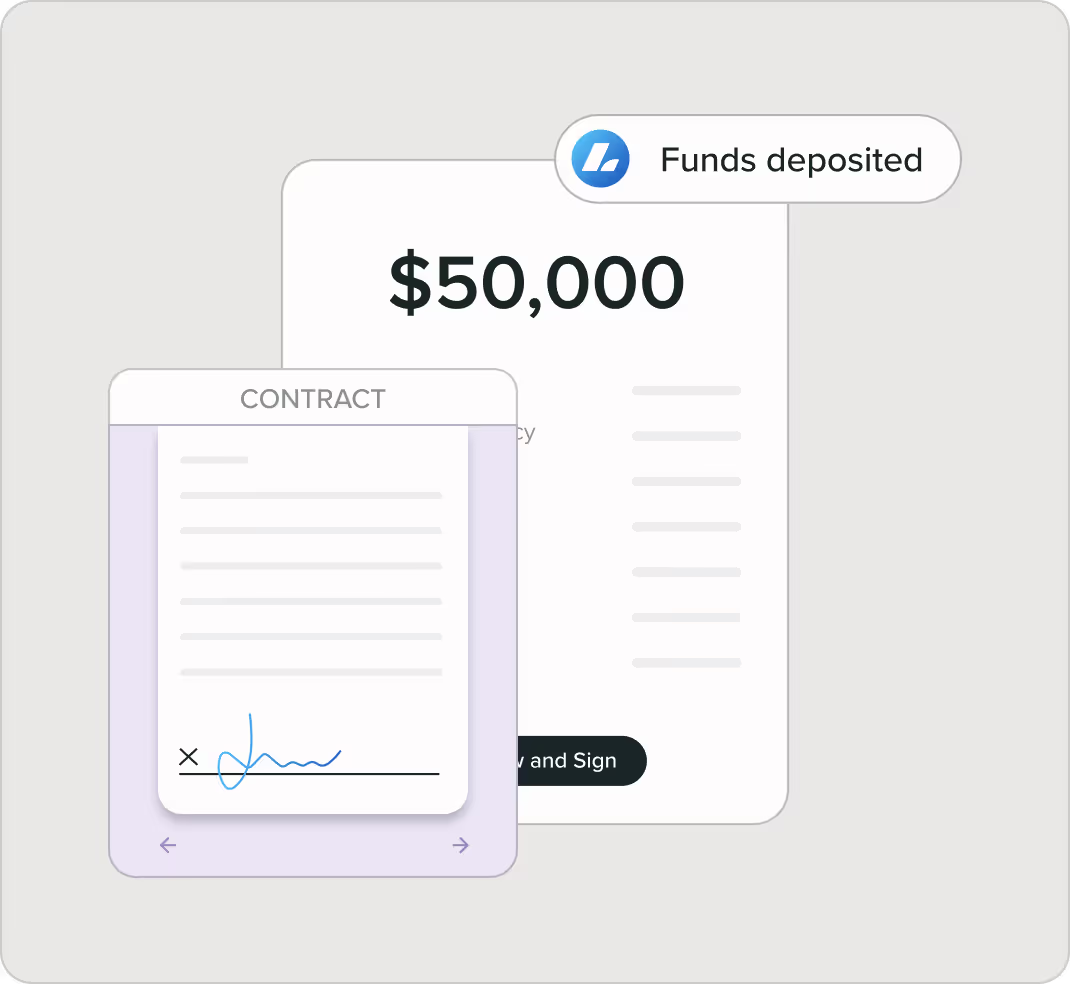Today on the American Dream Launchpad, we’ve got Maiden Dixie, a country music band from St. Paul, Minnesota. Drew and Jon needed a loan to pay their producer, allowing them to release their next album. You can watch their story or read the transcript below.
If you’d like to start your own Lendio Success Story, click here to see your business loan options.
TRANSCRIPT
BURKE ALDER: Welcome to the American Dream Launchpad. I’m Burke Alder and today I have Maiden Dixie from St. Paul, Minnesota. We have Drew Sherman and Jon Krentz, welcome to the Launchpad.
JON KRENTZ: Thanks Burke. How’s it going?
BURKE ALDER: It’s great to have you guys here. Tell us a little bit about your business and it’s actually a band this time. So tell us about your band; and how you got started.
JON KRENTZ: Yeah, we got started in 2009. I met Drew. We were actually in the service together, the army; and we were part of the military band. A lot of people think the military band are trumpets and bugle calls; but the army also has popular music. And so our job when were deployed in 2009 was to travel from base to base and to entertain troops. So we play Aerosmith and Stevie Wonder; and that’s how Drew and I formed our relationship both as friends and you know clicking as musicians as well. And when we returned back stateside, that was something that we wanted to keep going.
BURKE ALDER: What a great idea. Tell us about your music type and why you named yourself Maiden Dixie?
DREW SHERMAN: Well, the name came around because we originally had two girls in the group. But we’ve since gone down to one for travel reasons. So we wanted to have something – originally our booking agency suggested the name Maiden America but we thought that was a little cheesy. So Dixie is where our music is from. I mean, we take (trips nationally?) where we write music, so that’s in Dixie; and so we’re making our music in Dixie. So that’s kind of how we decided on the name.
BURKE ALDER: That’s great. What would you say as you’ve gone through this experience as your biggest win?
JON KRENTZ: Our biggest win? That’s a hard thing to put a finger on. I think as small business owners and especially in the music business, those milestones are not often apparent. You kind of look back, maybe even after the New Year, you look back in 2014 and you don’t necessarily see one big giant step but you see all the little steps you need to go to get you where you are. Which is one of the coolest things, I think as small business owners, to look back and see all those small steps added up into one giant leap.
DREW SHERMAN: I think being able to pay ourselves is one of the biggest steps; making money you know, and you know sharing our music to a wider crowd. We’ve done several large country music festivals like WE Fest up in Detroit Lakes, Minnesota. That’s about sixty thousand people filled unannounced. And we got plenty stage there which is really cool and they are expecting it this year.
BURKE ALDER: Yeah, that’s great. We love the American dream and the music dream and creating a small business. So, you get to this point where you need some financing. Why did you go out and look for financing for your band and your small business?
DREW SHERMAN: We were reaching at a deadline where we need to pay our producer for our new album. And our pre-sale got delayed because of some part of the work and other reasons, so we needed the quick money to reach the gap between our pre-sale and when we actually have the money. So Lendio is – was so fast. I think I contacted Chris in mid-December and last week, we got the money already. I mean it was that fast, and it helped us pay our producers, and now we’re in the process of recording our new album.
BURKE ALDER: That is awesome, being able to take your passion and make it a reality through financing. You mentioned Chris, tell me about your Lendio experience. How did it go? How did you go through the process? Anything you would share there?
DREW SHERMAN: I just did a search on Google and Lendio was the first one that came up. So I started chatting with Chris actually on the little chat window that pops out and – he was just very informative and open about what they do, what you guys do. And I told them what we needed and he said, “Okay, let me get back to you in a couple of days and I’ll tell you what I can get.” And you know, he came back with exactly what we needed and it was great.
BURKE ALDER: Yeah, that’s kind of our vision, to make it simple with all the options in one place to give you guys the best deal. We try to make it really quick so you guys can get out producing your music, and selling your music, and playing to an even bigger audience around the country and the world. I appreciate your guys time today, Lendio is an American Dream Launchpad. It’s been inspiring to hear your story. Anything else you would say to your audience before you leave? Any advice you would give to entrepreneurs out there?
JON KRENTZ: I just wanted to say thanks to Lendio. It was so nice how quick and easy the process was. And one struggle I think especially when it comes to making money in the arts world is a lot of time, when you approach, you know a bigger bank, they kind of write you off. But in our minds, you know I’m filling my belly, I’m paying my bills with the arts and Lendio saw that and respected that; and running a band is just the same as you know running a restaurant. It’s no different and so I thank you guys for seeing that. It’s pretty awesome.
BURKE ALDER: Thank you for that compliment. We feel like we’re a partner with you. And we want to see you guys succeed. And so, we really appreciate your time again. Thanks again. A great interview here with Maiden Dixie. Thanks Drew. Thanks Jon and best of luck and we’re excited to buy your album when you have it.
If you liked this post you might like these as well:
Lendio Success Story: Jidan Cleaning
Lendio Success Story: Tennis Time
You can find out more about Maiden Dixie at www.maidendixie.com.








